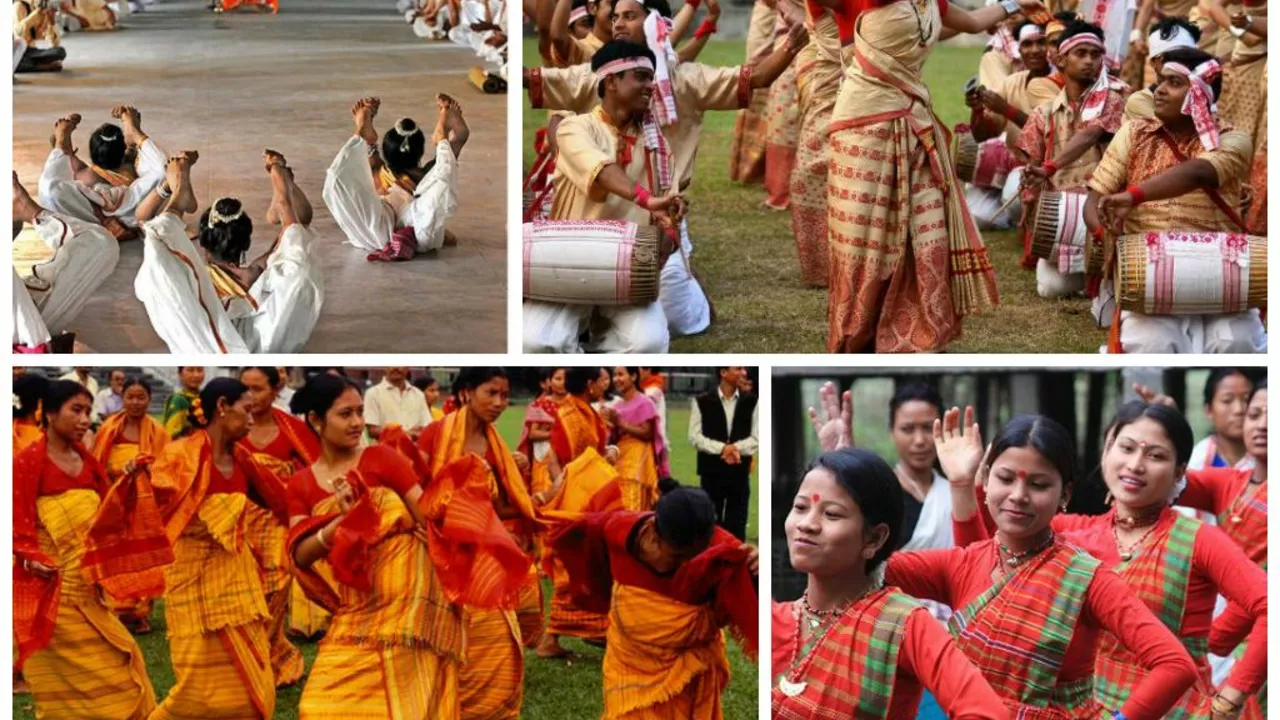Cultural differences: India vs the West — practical tips
Culture shapes daily life — food, news, rules, and how people speak. If you’re curious about Indian and Western cultural gaps, this page pulls together clear examples and useful tips from real situations: food surprises, media habits, work style, and living abroad.
Food first. Indian cuisine is bold and spicy; that can thrill or unsettle visitors. If you move to a new place, start by adjusting spice levels slowly. Ask for "mild" at restaurants, try dishes with yogurt or coconut to balance heat, and keep simple staples ready at home. Bringing one favourite spice blend helps you feel at home while you explore local tastes.
Media and gender norms differ too. Newspapers and online outlets reflect cultural attitudes. When reading foreign press, watch for stereotypes or framing that seems biased. Compare multiple sources, look for reporting that quotes varied voices, and question headlines that generalize about gender or communities.
Living abroad: practical daily tips
Settling in a new city means handling small but important cultural rules. For work, notice punctuality expectations: some places value strict start times, others tolerate flexibility. For social life, accept invitations but don’t assume customs—ask about dress code, gift giving, or footwear rules at homes. Find local groups from your community to ease transitions and discover places that stock familiar food and services.
Language and tone matter. Directness in conversation can feel rude in some cultures and refreshingly honest in others. Match your tone to the setting: be formal in official spaces, relaxed among friends. If a word or gesture causes confusion, ask politely—most people appreciate curiosity over silence.
Dealing with judgment and stereotypes
You’ll meet people who misunderstand your food choices, politics, or religion. Respond with short, clear facts and a little humor instead of getting defensive. Share one simple explanation: for instance, describe a dish’s main ingredients rather than defend an entire cuisine. If someone criticizes a home institution or leader, acknowledge feelings but offer context—this opens better conversations than arguing.
Practical habits cut friction. Learn basic local laws and paperwork steps before you travel—passport renewals, residency rules, or public service access vary a lot. Use official sources and community help if forms feel confusing. When dealing with healthcare or schools, bring copies of important documents and translations if needed.
Cultural differences can feel messy, but they also make life richer. Focus on curiosity, small adjustments, and clear communication. Try new foods slowly, read diverse news sources, and ask locals the polite way of doing things. These moves make daily life smoother and help you enjoy both your roots and the new world you’re in.
Quick checklist: carry a small phrasebook or language app, keep copies of key documents, taste local food but keep familiar snacks handy, ask locals for trusted services, compare news from at least two outlets before forming opinions, and join a community group or meetup to find friends and advice. Small steps prevent big mistakes and help you feel at home faster. Soon.

How hard is it for an Indian to settle in Japan?
As an Indian, settling in Japan can be both challenging and rewarding. The language barrier is the most significant hurdle, as Japanese is the primary language and English is not widely spoken. Cultural differences can be overwhelming, but once understood, they enrich the experience. The cost of living is high compared to India, but work opportunities, especially in IT and engineering, can offset this. Overall, the process demands adaptation, patience, and openness to a new and very distinct culture.